(MPI) - The plan to implement the Northern Midlands and Mountainous Region Planning for the period 2021-2030, with a vision to 2050 according to Decision No. 1161/QD-TTg dated October 11, 2024 sets out the goal of developing a roadmap for organizing and implementing programs and projects to effectively implement the goals, tasks and solutions of the proposed planning. Specifically determine the progress and resources for implementing programs and projects to develop policies and solutions to attract social resources in implementing the planning; promote the transformation and development of sectors, sub-regions and localities in the region according to the approved planning.
Establish a framework of implementation results for each stage as a basis for reviewing and evaluating the implementation of the plan; consider adjusting and supplementing tasks and solutions to achieve the set development goals.
The plan clearly states the requirement to ensure compliance and inheritance of approved action programs, plans to implement national planning, and public investment plans; to ensure connectivity, consistency, and no overlap or conflict between tasks, programs, and projects of sectors and localities.
Ensure feasibility, flexibility, and suitability with the socialist-oriented market economy and the context of international integration. Maximize resources and participation of economic sectors to make the Northern midland and mountainous region a region of rapid and sustainable development, with special attention paid to investment in developing green and circular economic sectors.
Allocate resources with focus and key points, in accordance with the ability to mobilize capital; harmoniously combine resources, public investment has the role of leading the growth of social investment capital to create breakthrough development, promote the process of transforming the development model of industries, fields, territories and localities towards high value and high efficiency.
Promote the proactiveness, creativity and flexibility of localities in implementation; promote decentralization and delegation of authority to localities to invest in infrastructure, especially infrastructure works for roads, railways, inland waterways, airports, water supply, education and healthcare.
The plan has set out key tasks to implement the Northern Midlands and Mountainous Region Planning for the 2021-2030 period, with a vision to 2050. In particular, regarding the focus on infrastructure development, the Decision clearly states that one of the key tasks is to focus on infrastructure development, prioritizing the development of the transport system connecting with the capital Hanoi, the Red River Delta, the North Central sub-region and with China and Laos; first of all, focusing on investing in transport infrastructure to develop economic corridors associated with Hanoi city and the Red River Delta such as Hanoi - Bac Giang - Lang Son - Cao Bang, Hanoi - Hoa Binh - Son La - Dien Bien, Lao Cai - Hanoi - Hai Phong, Hanoi - Thai Nguyen - Bac Kan, Hanoi - Tuyen Quang - Ha Giang, Phu Tho - Vinh Phuc - Hanoi - Hung Yen - Hai Duong - Hai Phong, Hanoi - Phu Tho - Tuyen Quang - Bac Kan - Cao Bang. Accelerate the progress, prepare and start construction of the high-speed railway lines Lang Son - Hanoi, Lao Cai - Hanoi - Hai Phong - Quang Ninh. Build and upgrade logistics infrastructure, infrastructure of border economic zones, tourist areas, information and communication infrastructure and digital economic infrastructure.
Focus on developing dynamic areas, growth poles, important economic corridors, and advantageous economic sectors. Develop industrial - urban - service belts, form industry clusters, and regional product chains mainly concentrated in Bac Giang - Thai Nguyen - Phu Tho - Hoa Binh; regional industry and product value chains such as high-level electricity, electronics, and mechanical manufacturing production centers in Thai Nguyen and Bac Giang, agricultural product processing centers in Son La, wood production and processing centers in Tuyen Quang, and economic trade connection centers between Vietnam and ASEAN countries with the Southwest region of China in Lao Cai. Develop regional growth poles in Thai Nguyen, Bac Giang, Lao Cai, Son La, Lang Son, and Phu Tho. Promote the development of agricultural product chains, typical tourism, and border gate economies.
Focus on developing a system of 05 border gate economic zones in the area including: Thanh Thuy border gate economic zone, Ha Giang province; Cao Bang border gate economic zone, Cao Bang province; Dong Dang - Lang Son border gate economic zone, Lang Son province; Ma Lu Thang border gate economic zone, Lai Chau province; Lao Cai border gate economic zone, Lao Cai province. In particular, priority is given to investing, completing and modernizing infrastructure in Cao Bang border gate economic zone, Dong Dang - Lang Son border gate economic zone, Lao Cai border gate economic zone. Develop 3 border gates applying border gate economic zone policies including: Long Sap international border gate, Son La province; Chieng Khuong border gate, Son La province; Tay Trang international border gate, Dien Bien province. Study the possibility of forming a border gate economic zone at U Ma Tu Khoong border gate, Lai Chau province.
At the same time, improve the quality of human resources, especially vocational training for ethnic minorities, to meet the needs of each sub-region and each area; focus on attracting and using human resources, especially qualified human resources on the spot. Implement the Labor Market Development Support Program until 2030 in conjunction with promoting labor market information. Develop and effectively implement labor management and unemployment insurance policies.
Thai Nguyen develops into a research - training area, developing high-quality human resources for the whole region. Gradually prepare conditions to develop Tay Bac University (Son La) into a key higher education institution of the region; Bac Giang University of Agriculture and Forestry (Bac Giang); Hung Vuong University (Phu Tho) into a key higher education institution of the sub-region when there are conditions for capital resources, in which priority is given to high-quality vocational training and practice, research - promotion - preservation of culture, history and lifestyle of ethnic communities. Research the potential for developing sub-regional universities in Dien Bien and Lai Chau...
Along with that is strengthening intra-regional, inter-regional linkages and international cooperation. Piloting a number of new, specific models, mechanisms and policies in regional development, especially for localities and areas that play an important role in forest protection, border security, water security and energy security. Strictly protecting upstream water, piloting a mechanism for sharing water resources among sectors in the region, between the region and the Red River Delta; enhancing the capacity of law enforcement on environmental protection for the provinces in the midland and mountainous areas of the North from now until 2030. Investing in the construction of works to create water sources and transfer water on an inter-regional and inter-provincial scale.
Synchronously deploy solutions to combine socio-economic development with strengthening and enhancing military posture in defense areas; manage and protect defense works and military zones in the region. Propagate and educate to raise awareness among cadres, party members and people that socio-economic development must be closely combined with ensuring national defense and security and building a national defense posture and people's security posture. Propagate and mobilize people to comply with State regulations in religious and belief activities. Strengthen national defense and security education, build a strong and comprehensive foundation, contribute to building a solid people's heart posture...
In the Decision, the Prime Minister assigned the Ministry of Planning and Investment to announce the Plan to implement the Northern Midlands and Mountainous Region Planning for the 2021-2030 period, with a vision to 2050, to relevant agencies, organizations, investors, and domestic and international development partners to mobilize resources to implement the planning goals of the Northern Midlands and Mountainous Region to 2030, with a vision to 2050.
At the same time, preside over and coordinate with relevant ministries, ministerial-level agencies and localities to report to the Prime Minister annually and every 5 years on the results of implementing the Northern Midlands and Mountainous Region Planning for the 2021-2030 period, with a vision to 2050.
Localities in the Northern midland and mountainous region promote propaganda work, raise awareness for authorities at all levels and people to correctly and fully understand the content of the Regional Planning and the Plan for implementing the Northern midland and mountainous region planning.
Develop a Plan to implement the planning immediately after the provincial planning is approved by the Prime Minister in conjunction with the implementation of the 5-year and annual socio-economic development plans, the 5-year medium-term public investment plan and the local annual public investment plan.
Take the lead in coordinating with ministries and ministerial-level agencies in developing plans for land allocation and zoning for programs and projects; take the lead in site clearance to implement programs and projects in the area according to management functions. Coordinate and synchronously implement inter-regional and inter-provincial projects to promote socio-economic development of the region./.







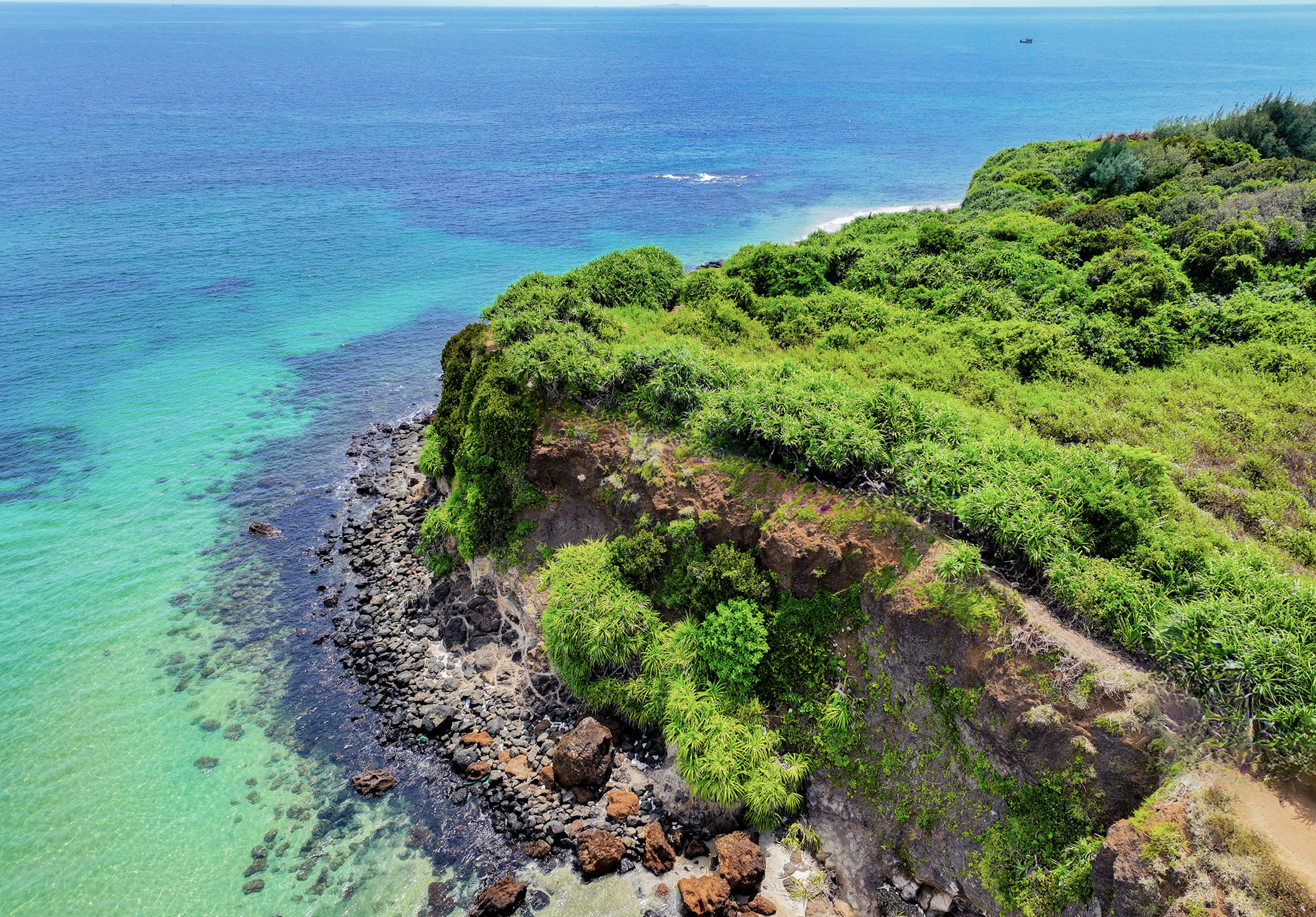
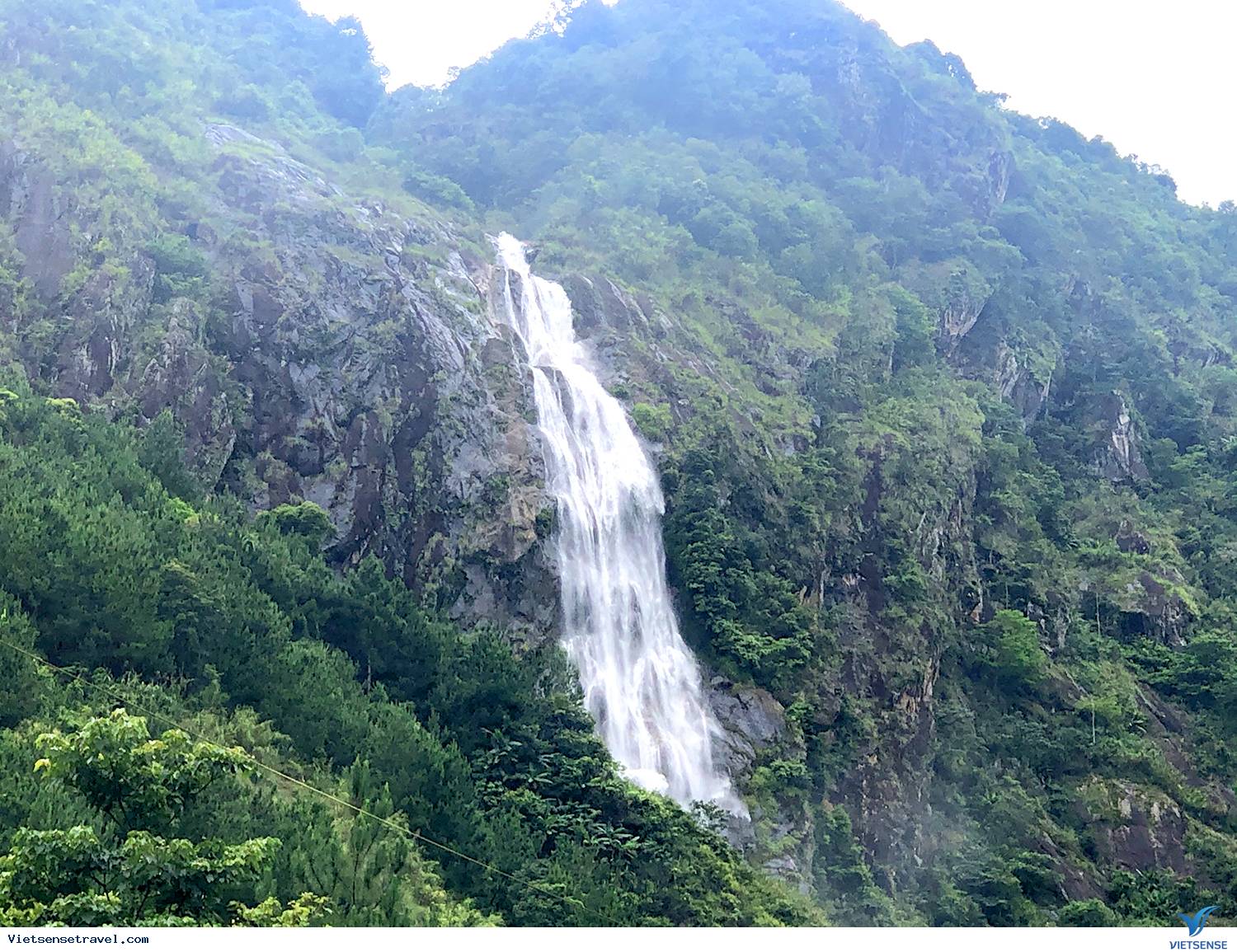

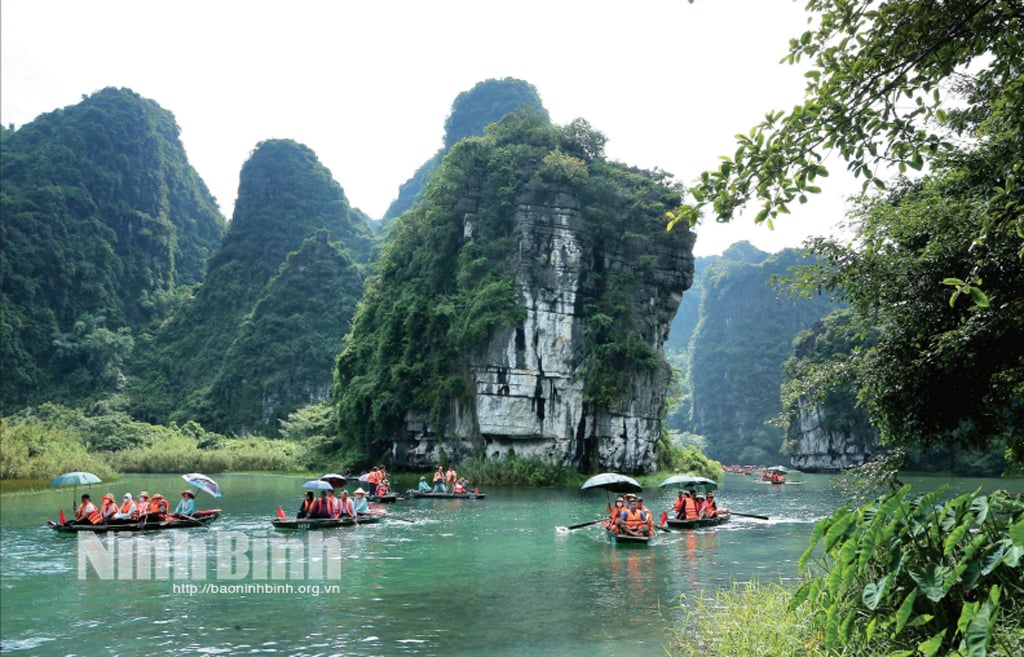






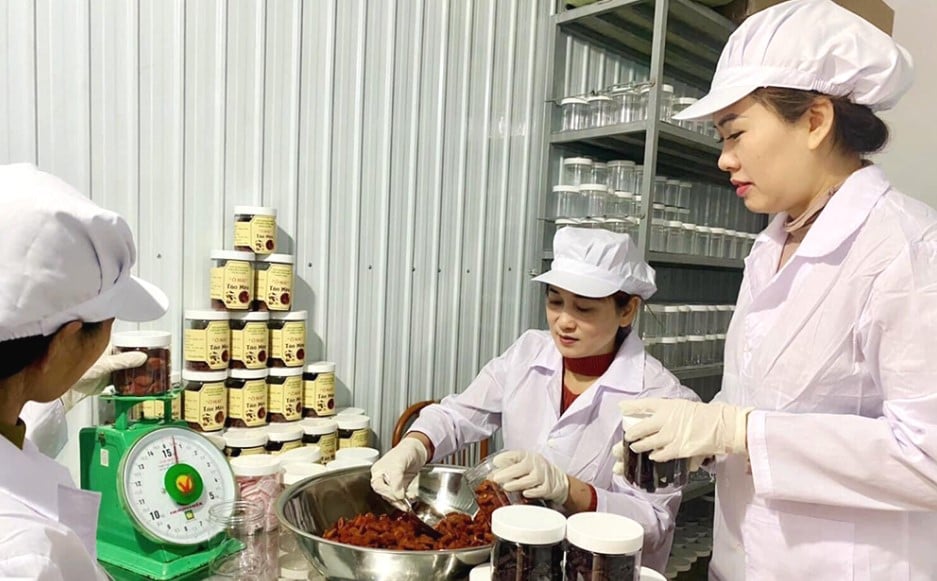
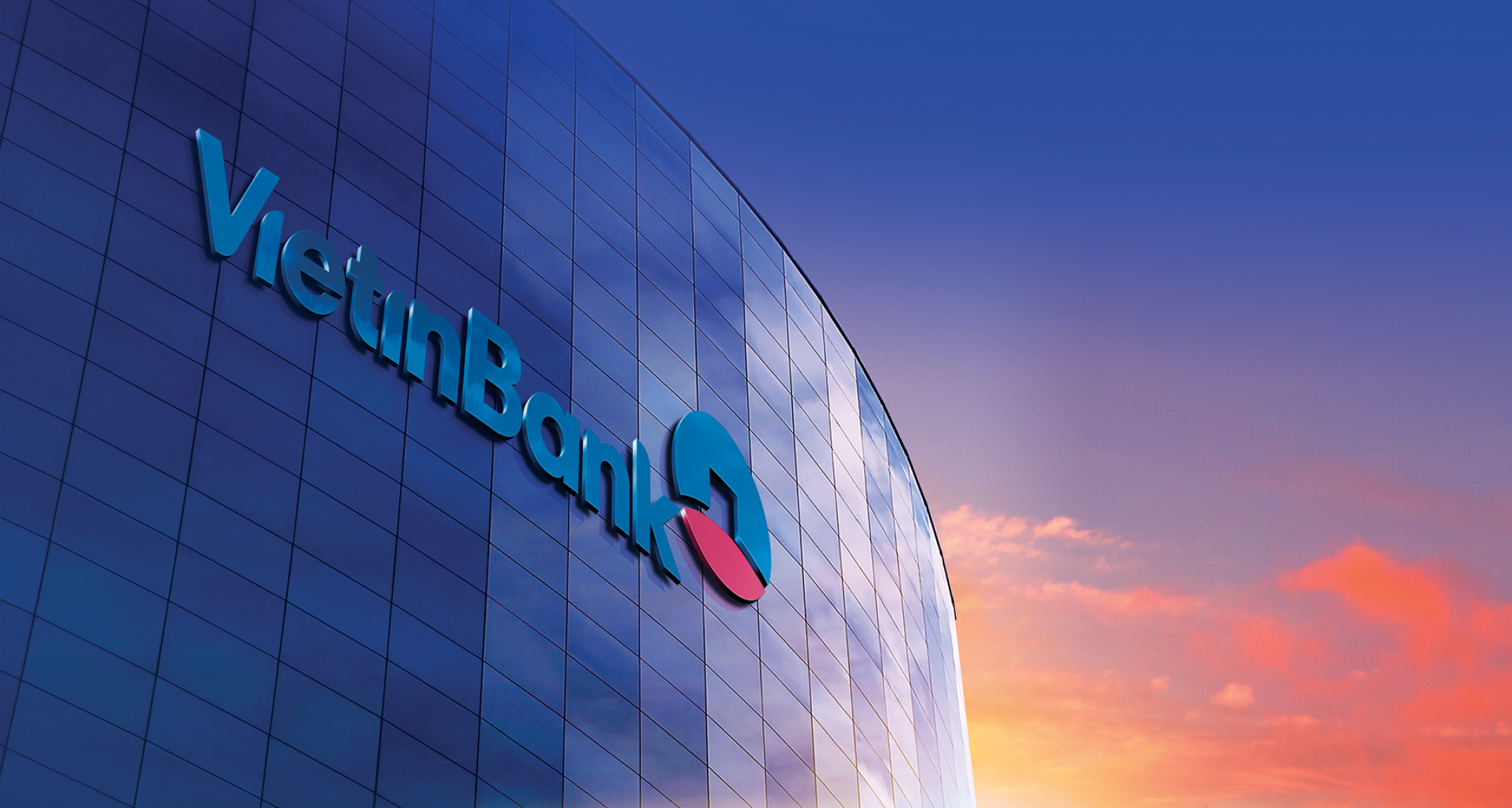
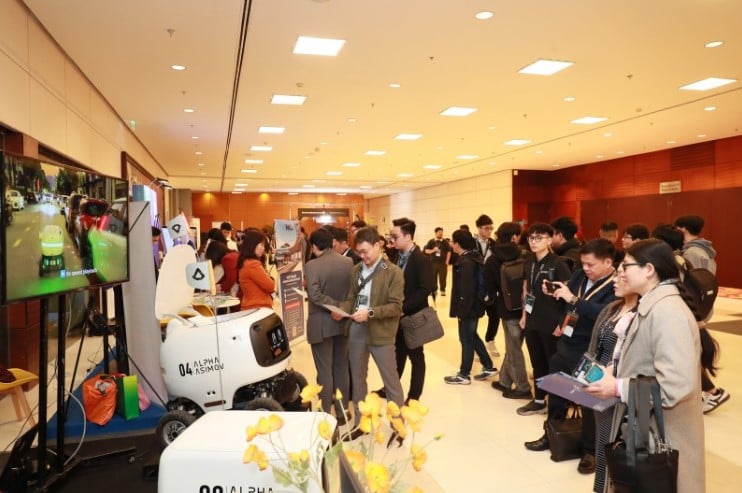
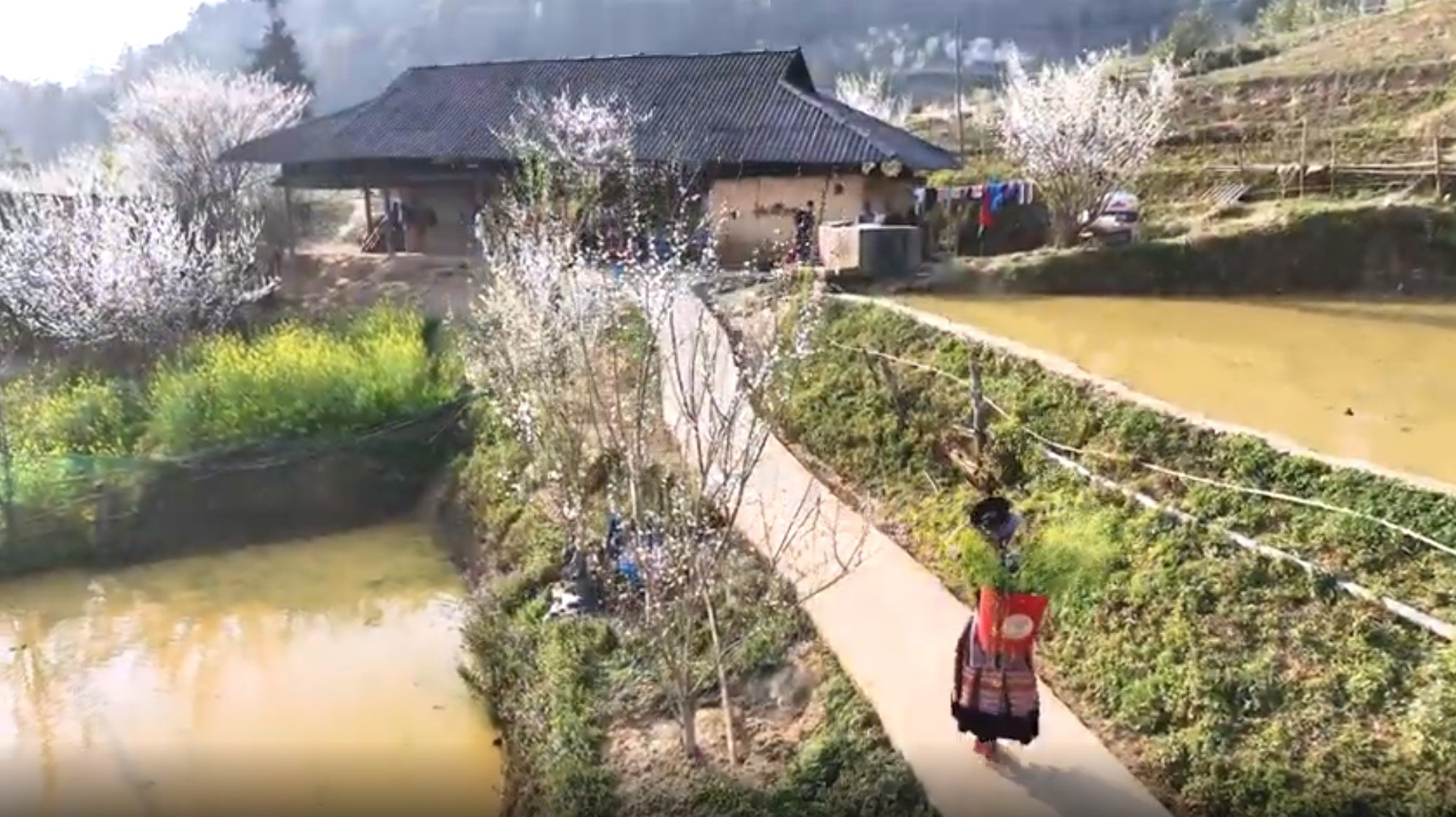

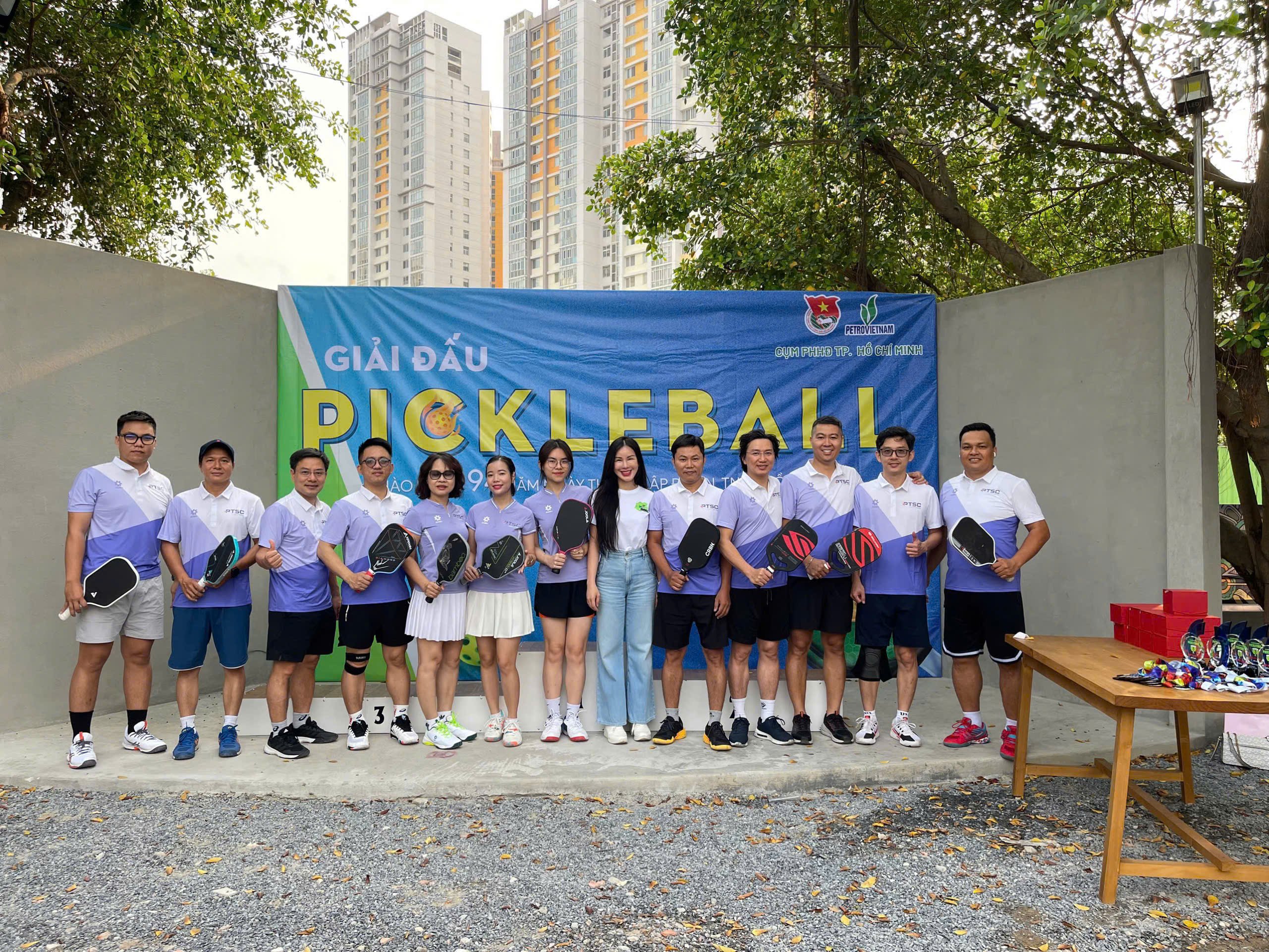


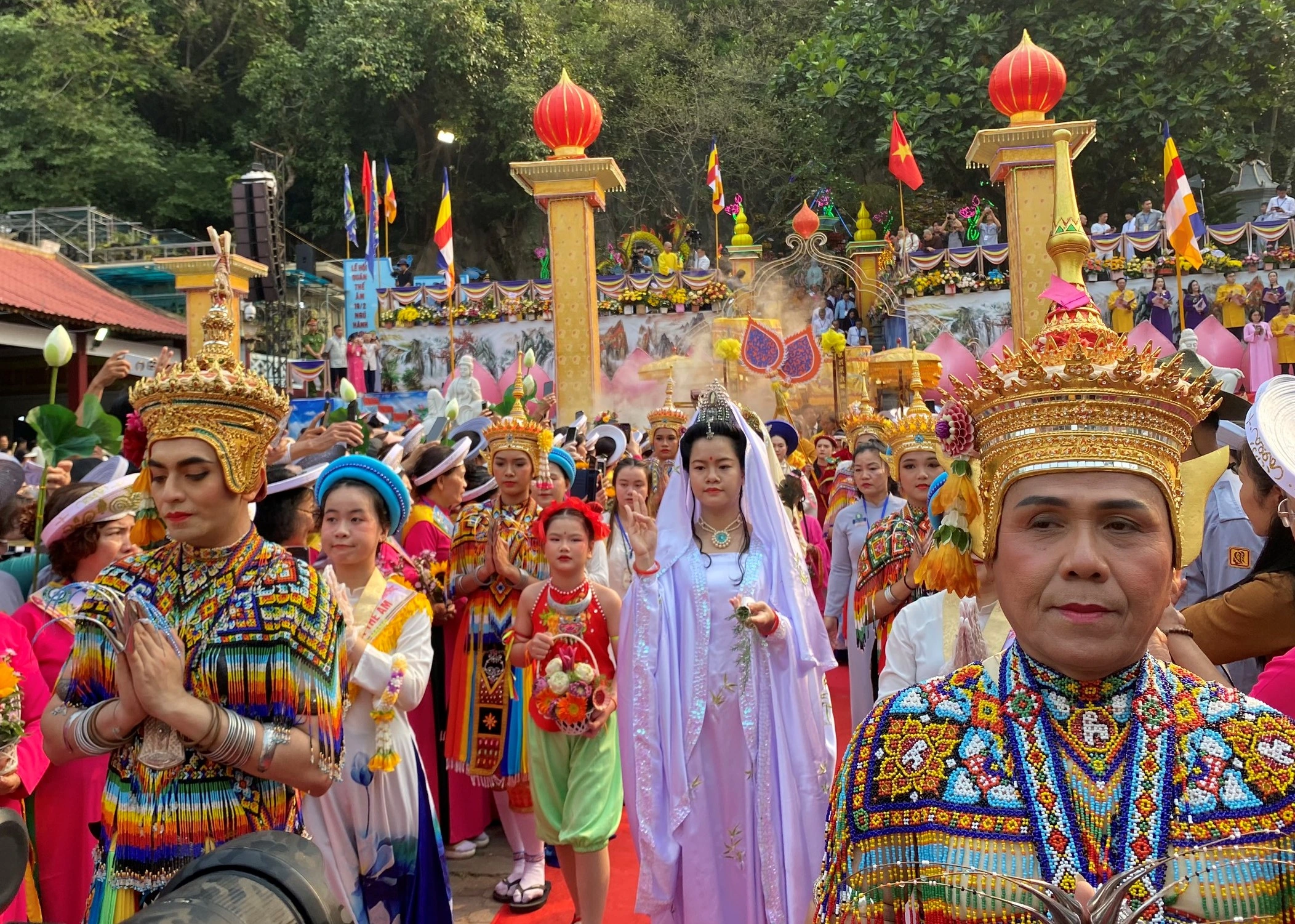

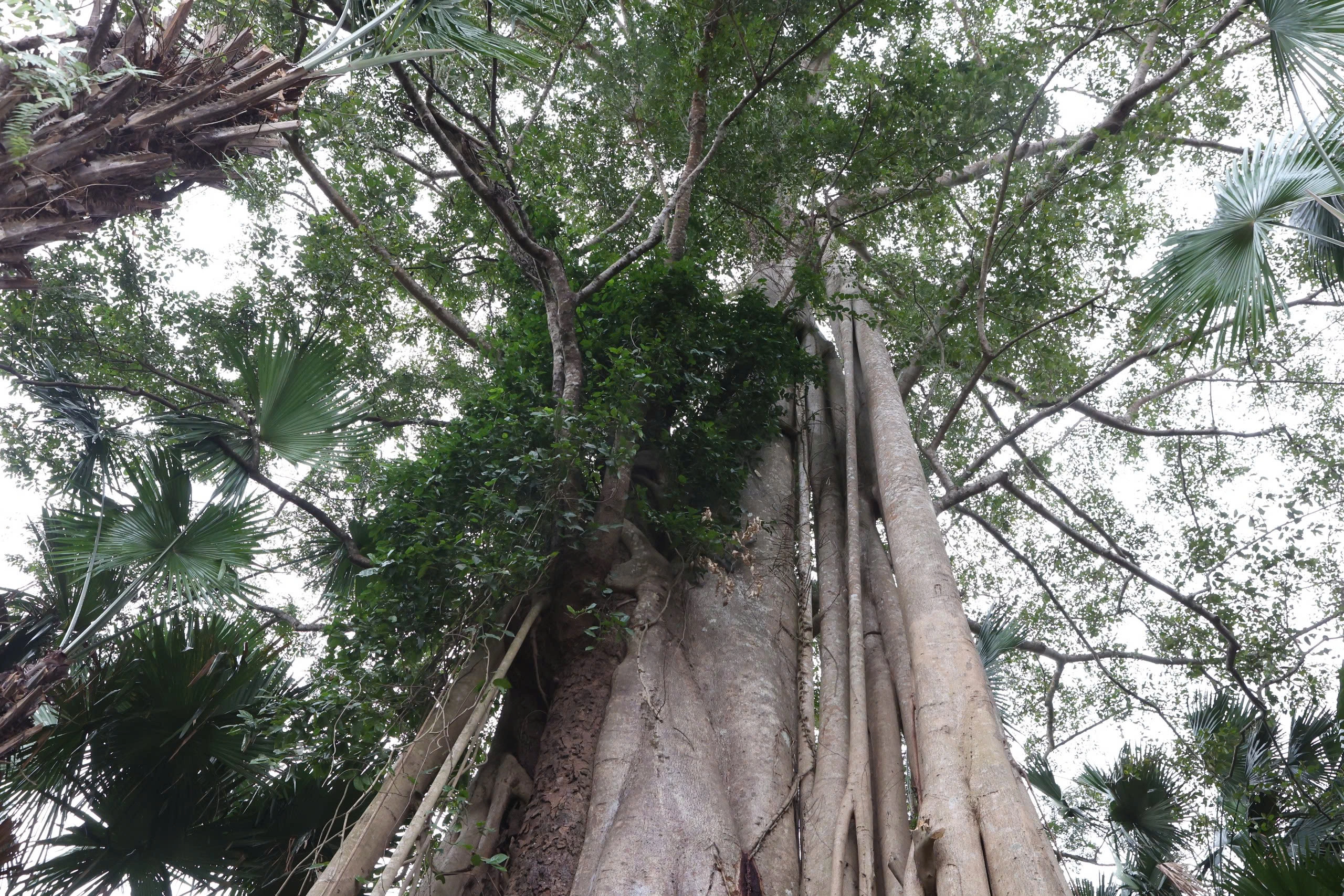
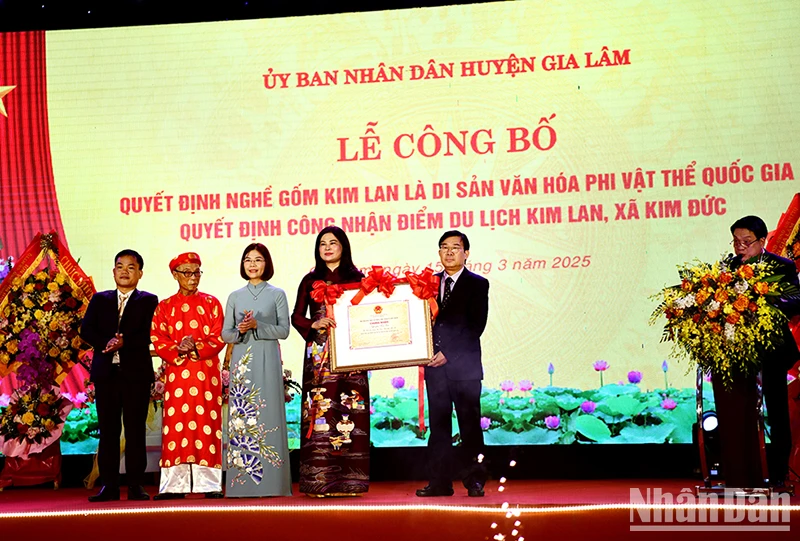

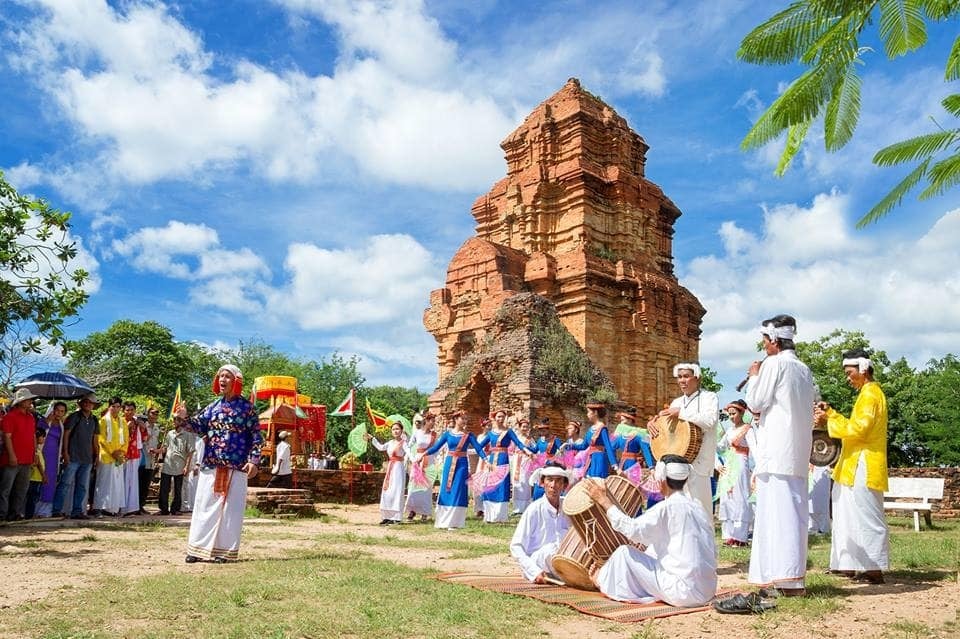

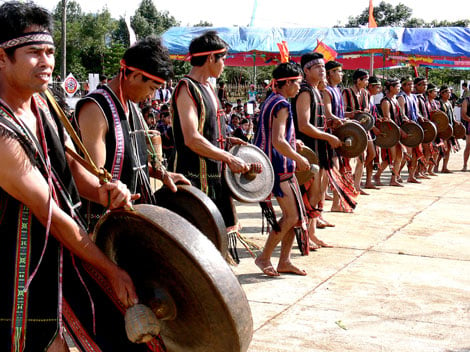

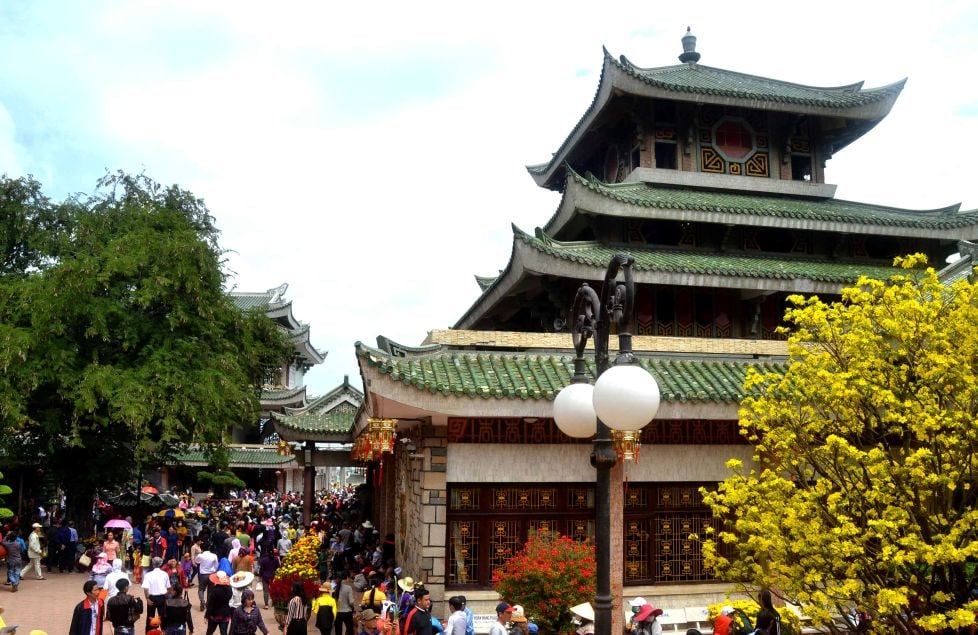

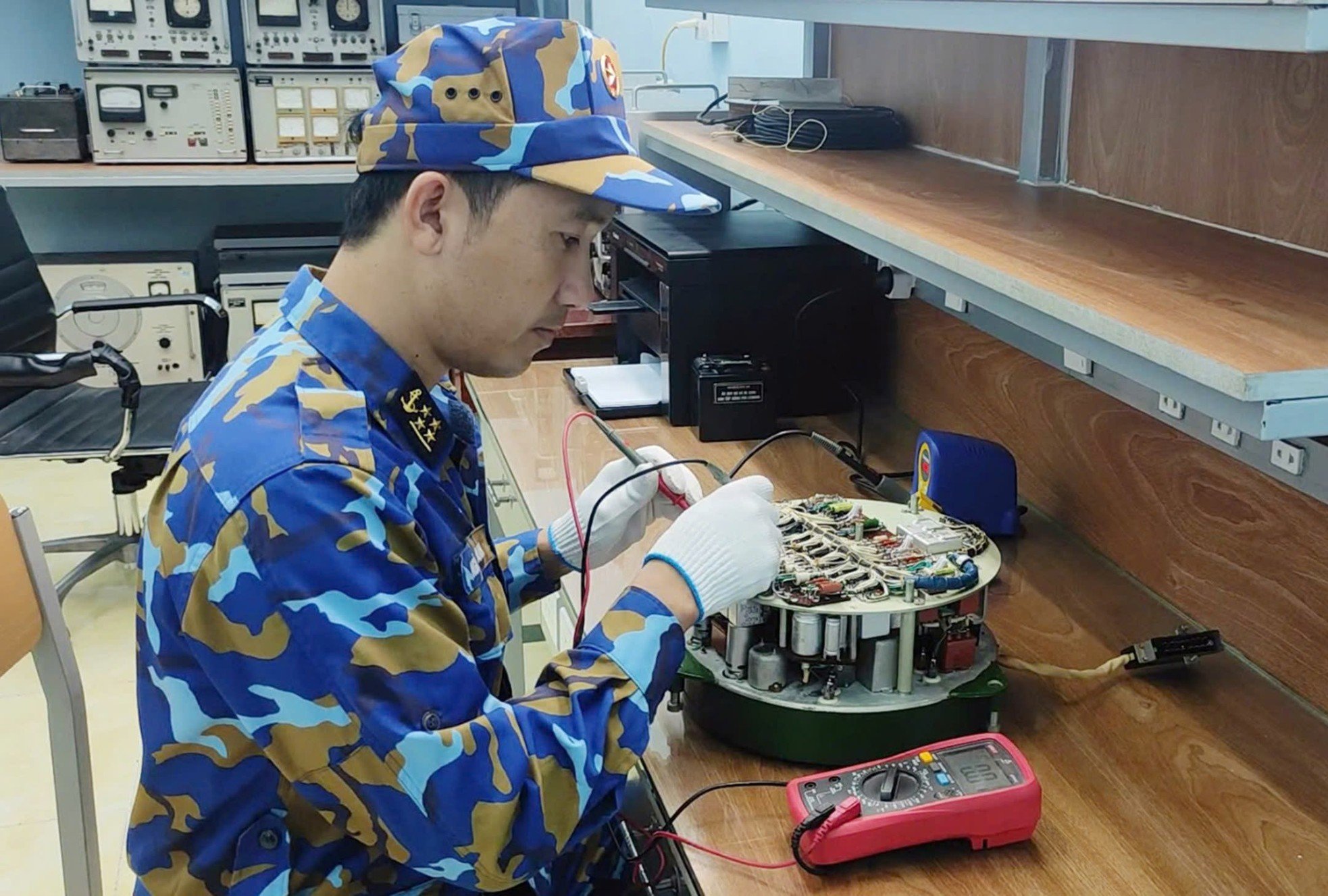

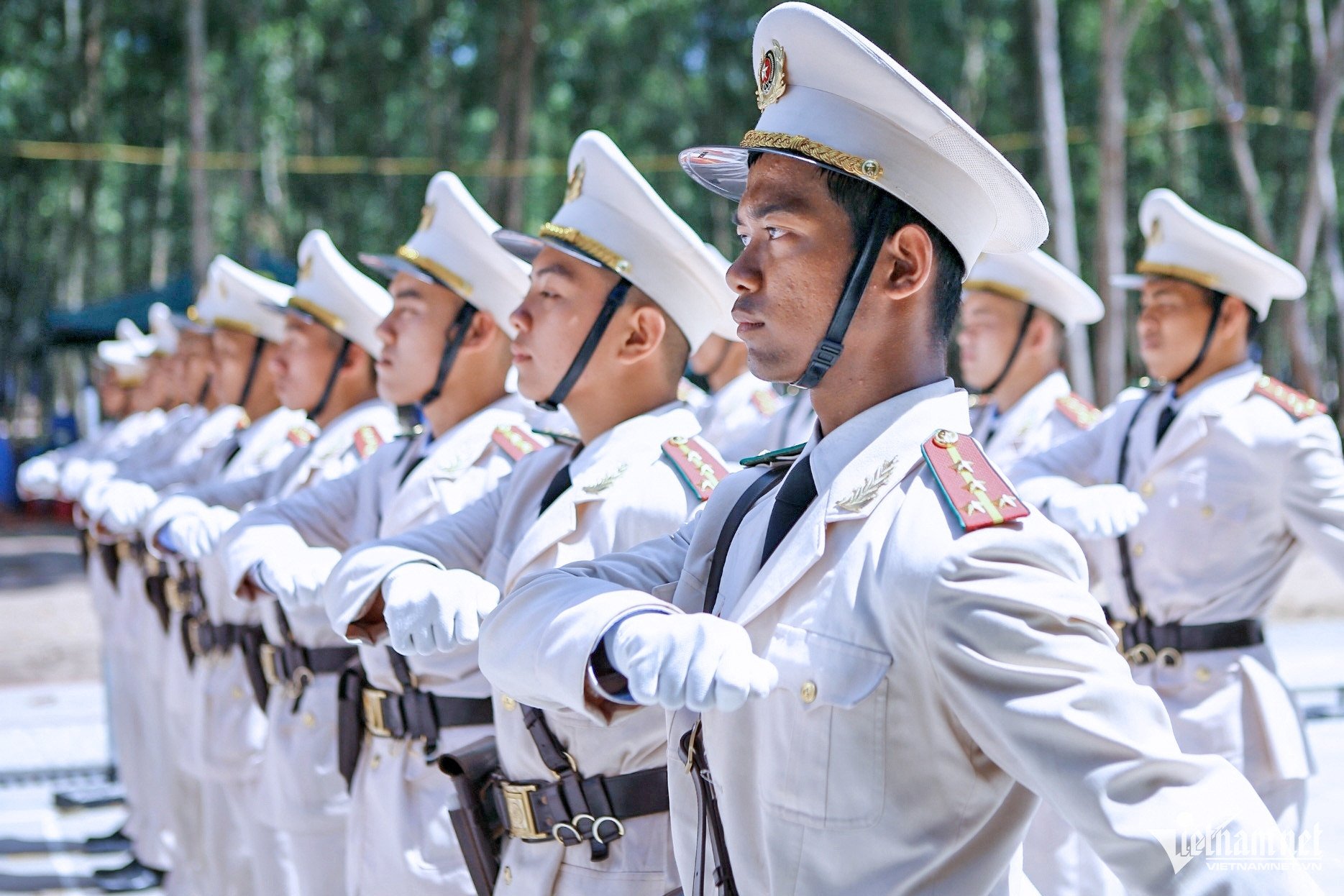




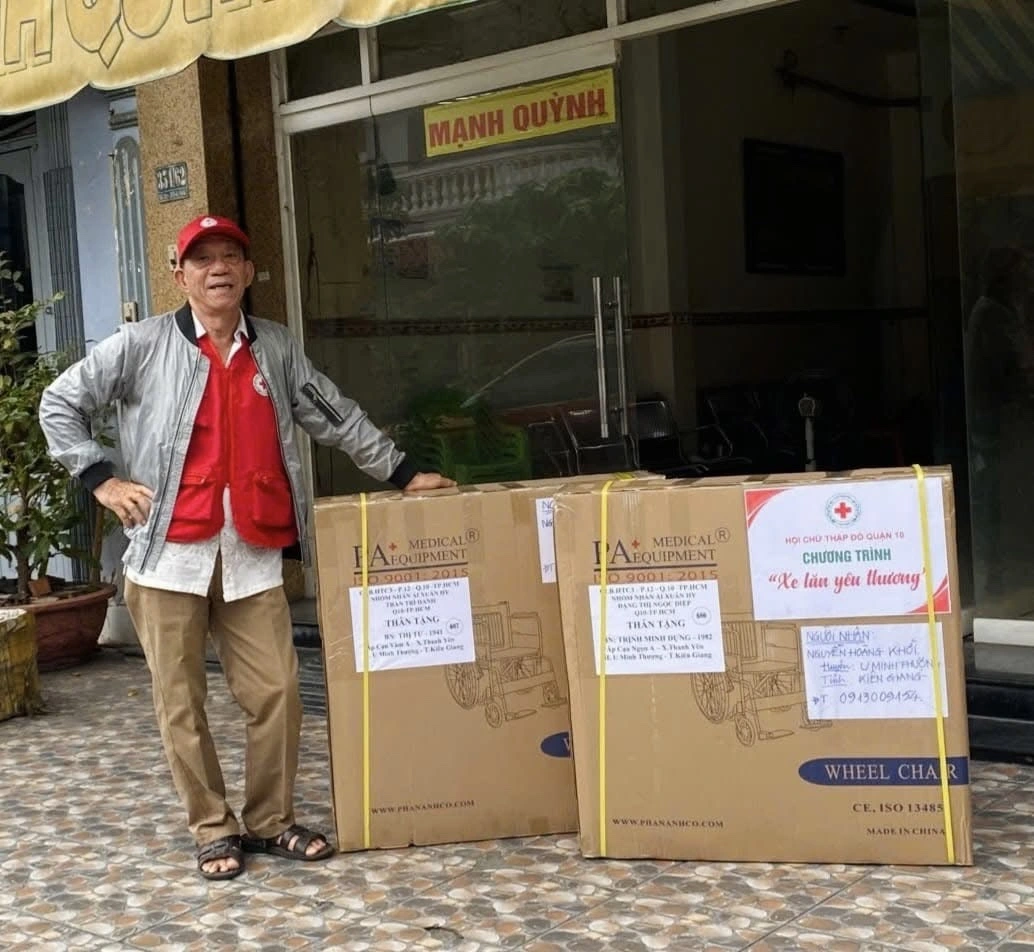






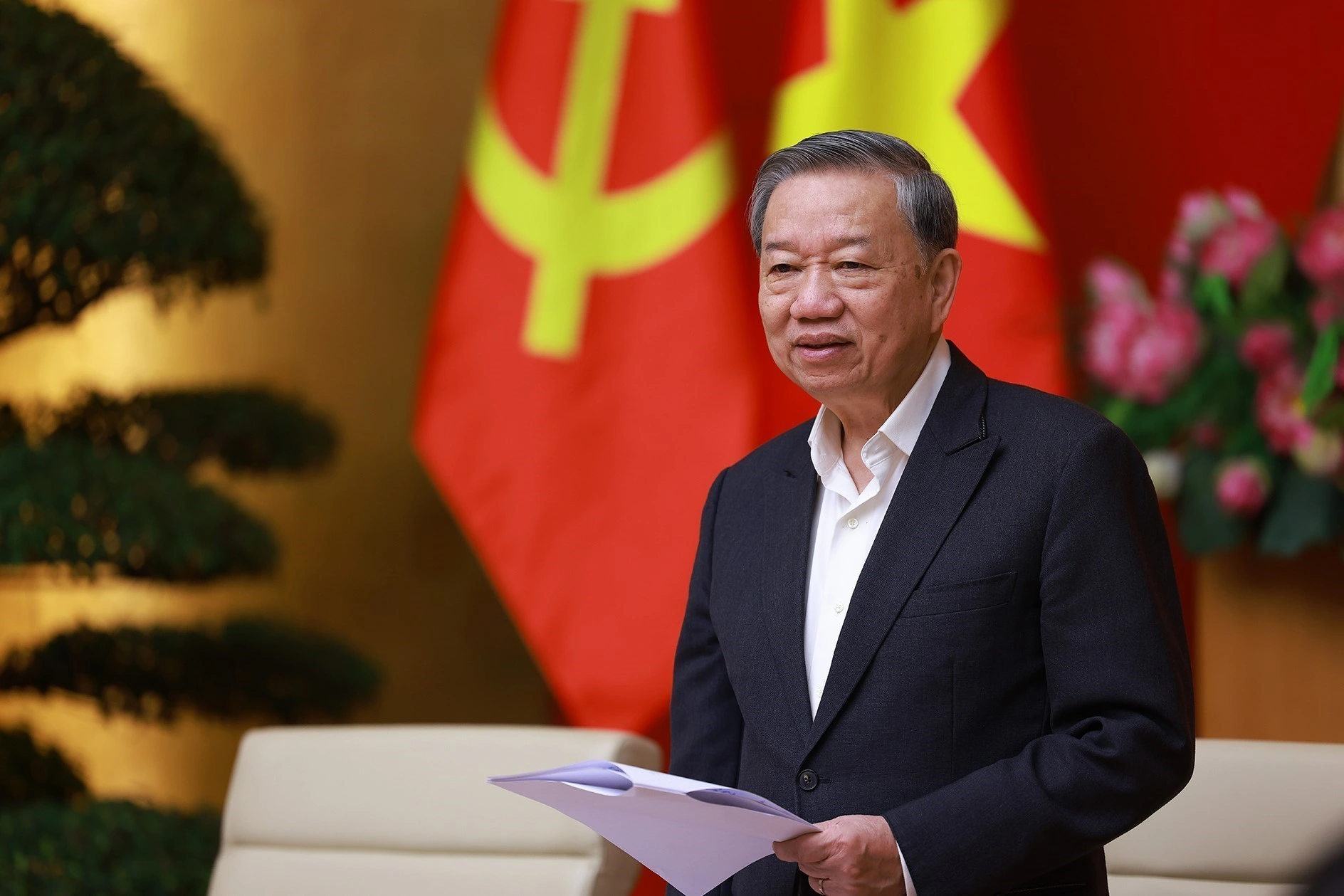
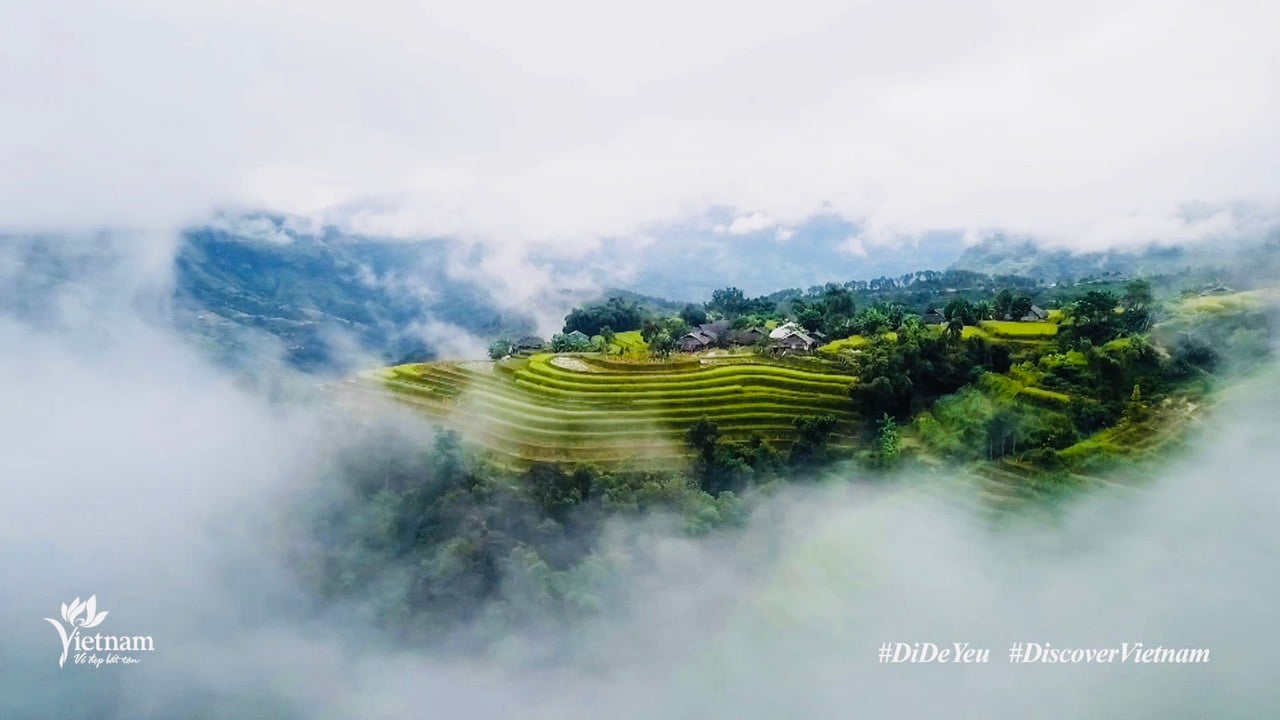

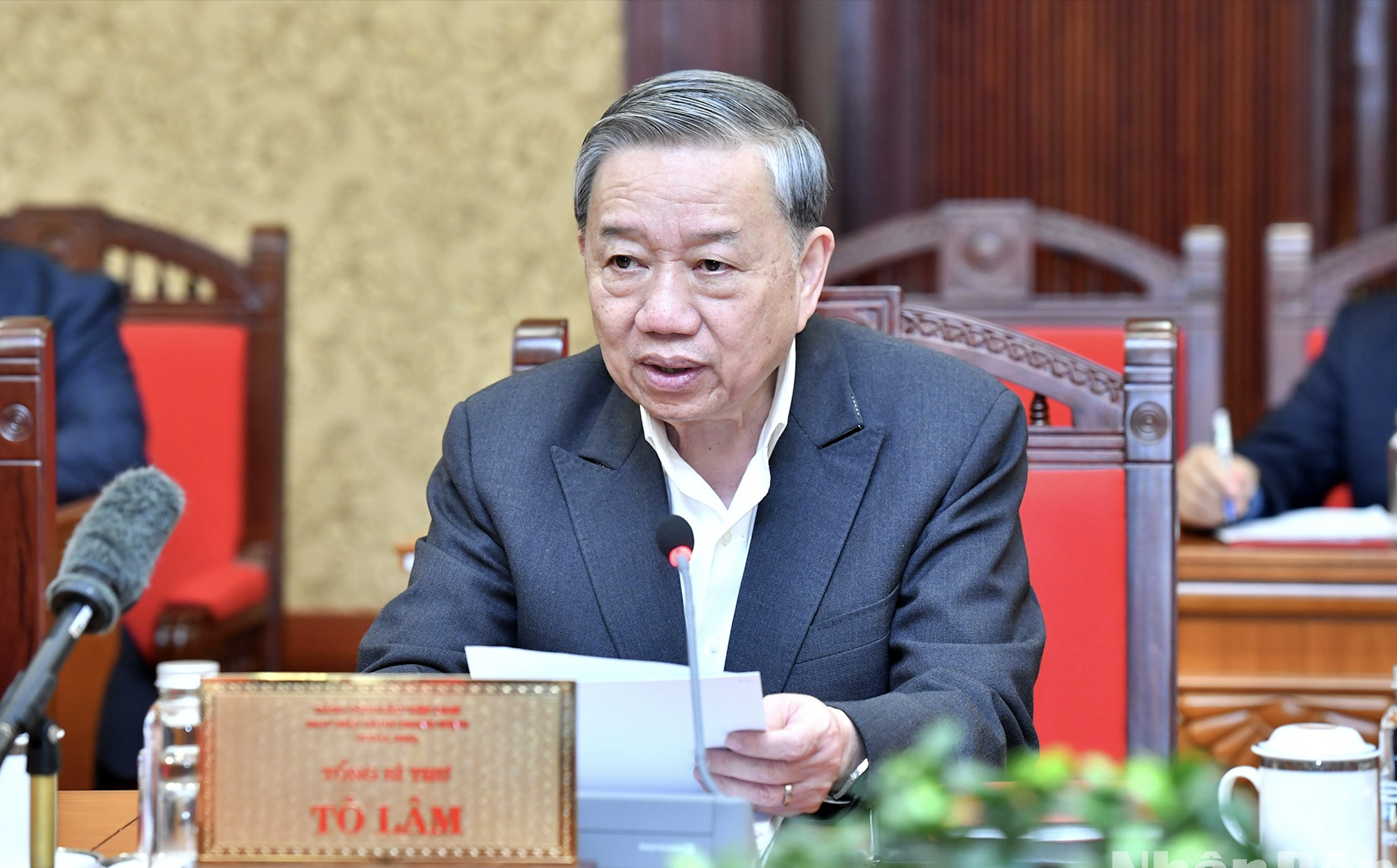

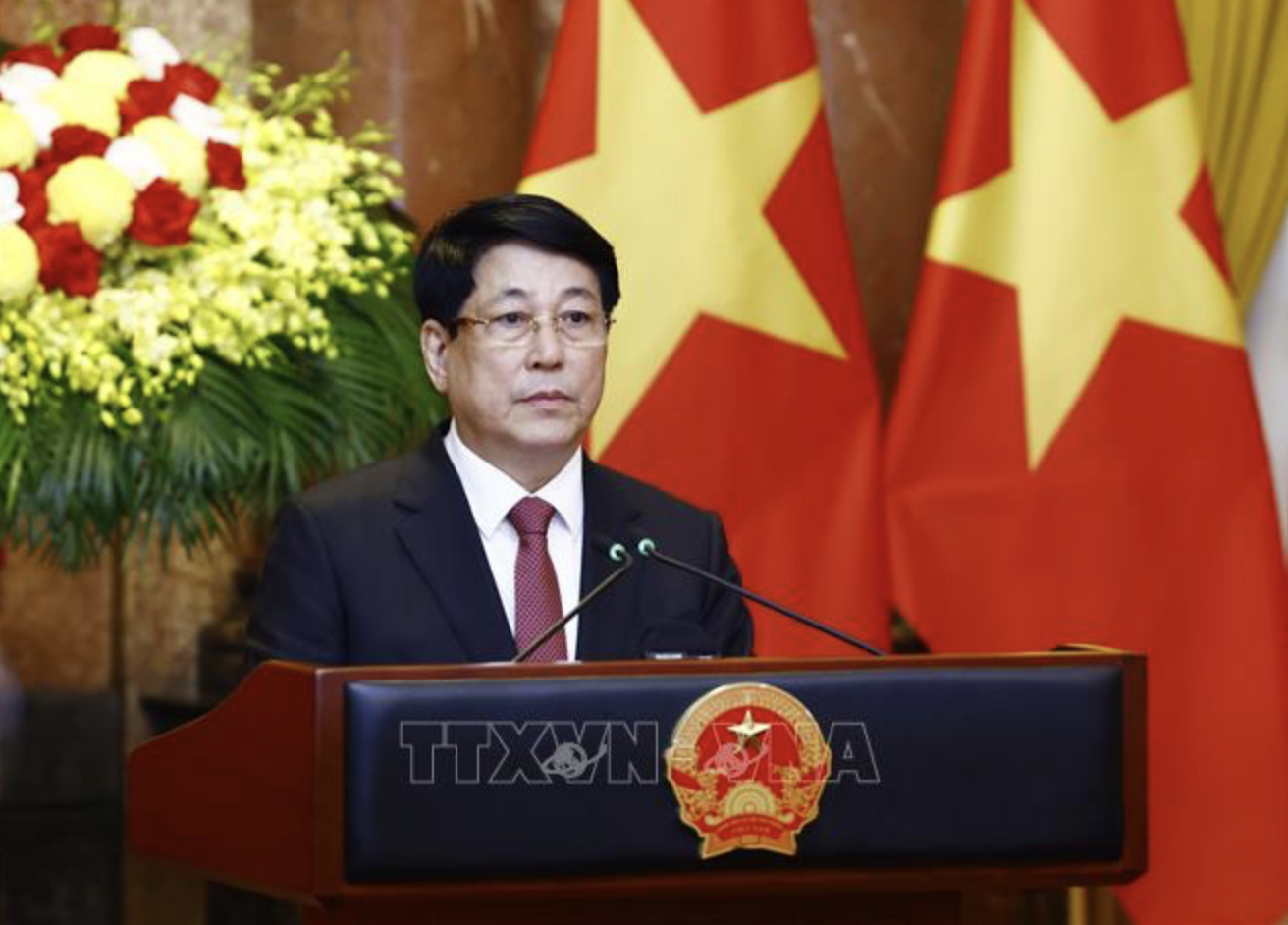

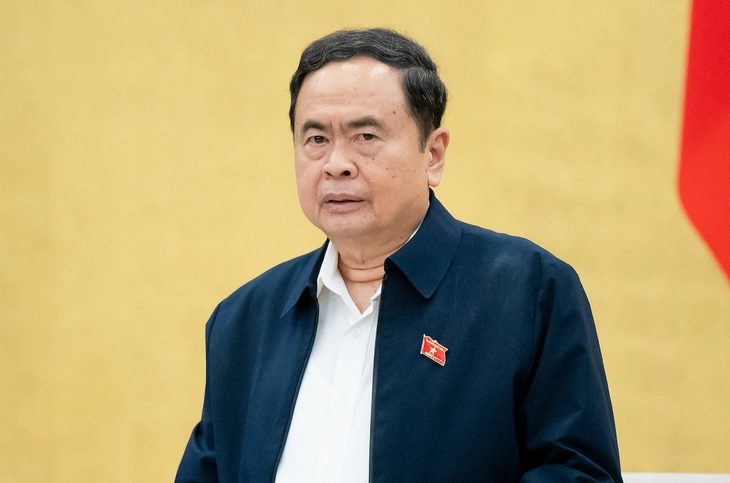

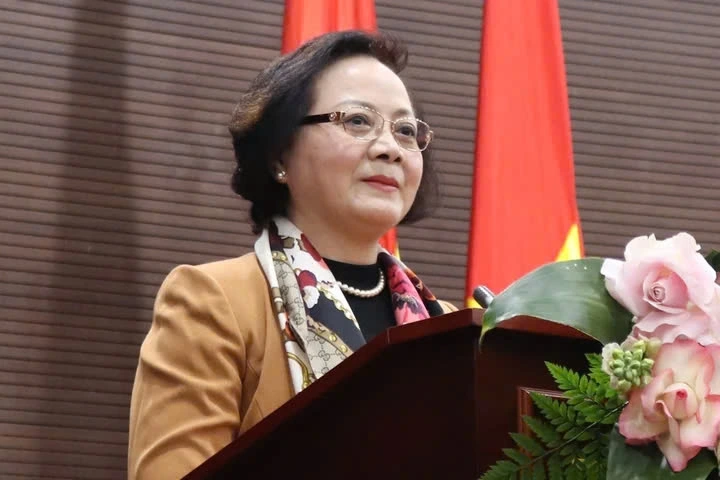

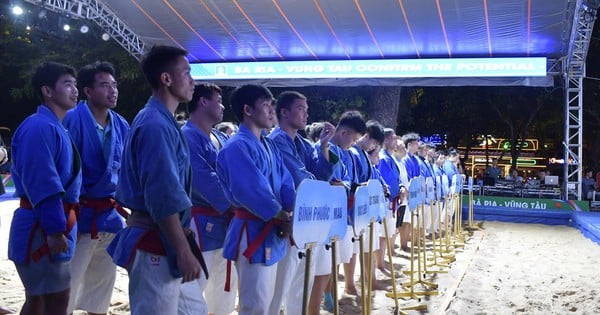

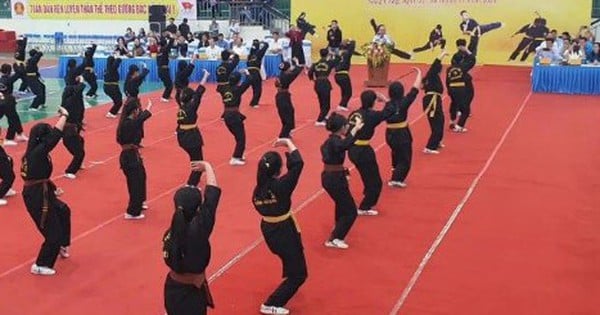
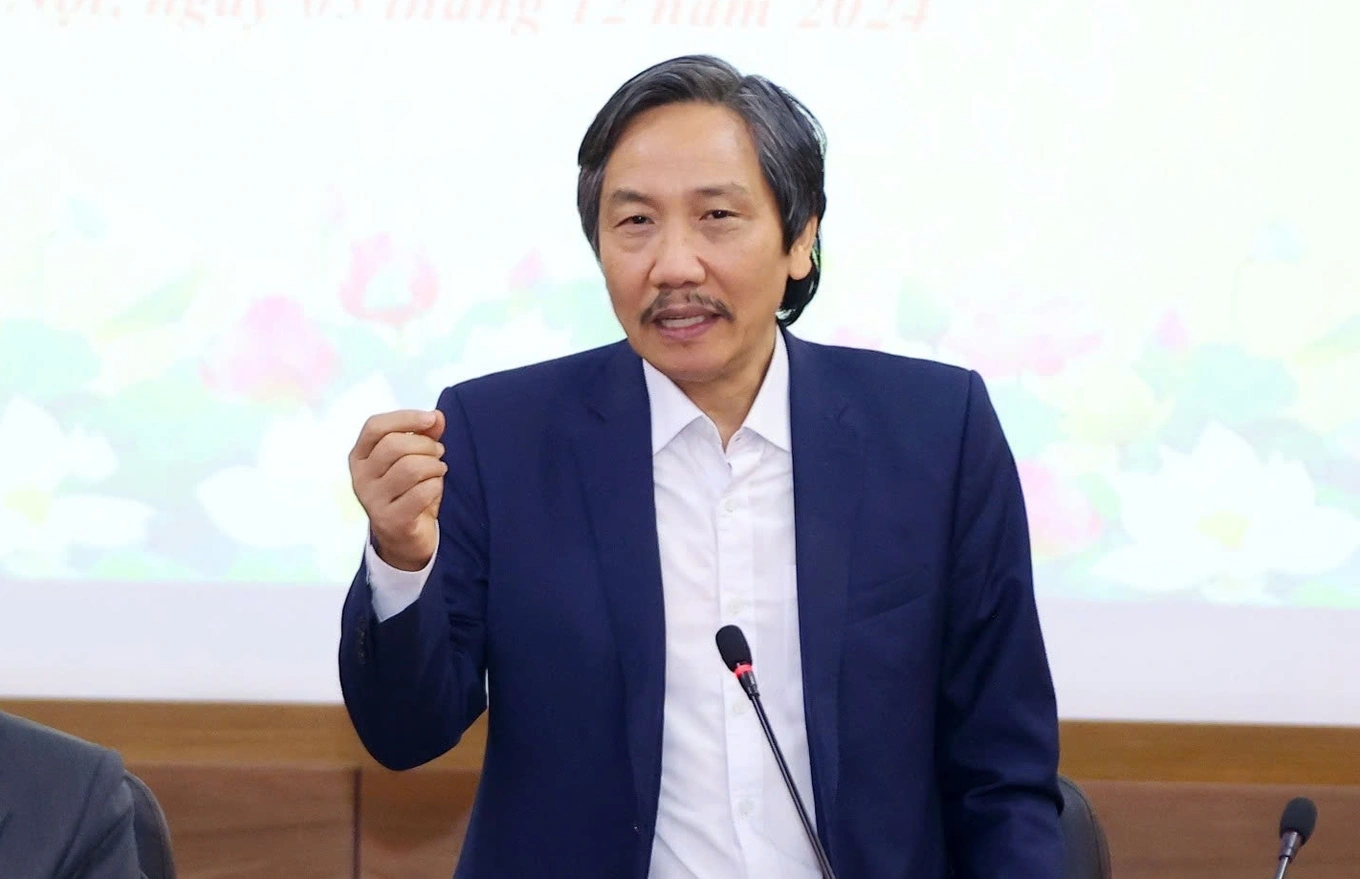
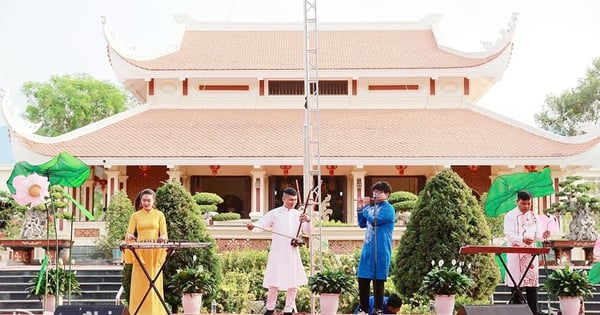



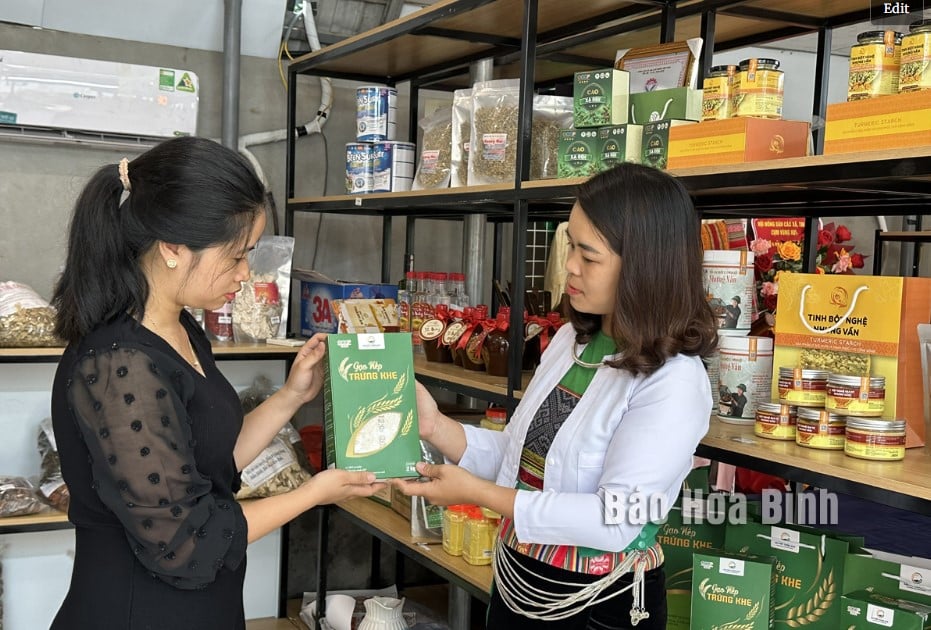

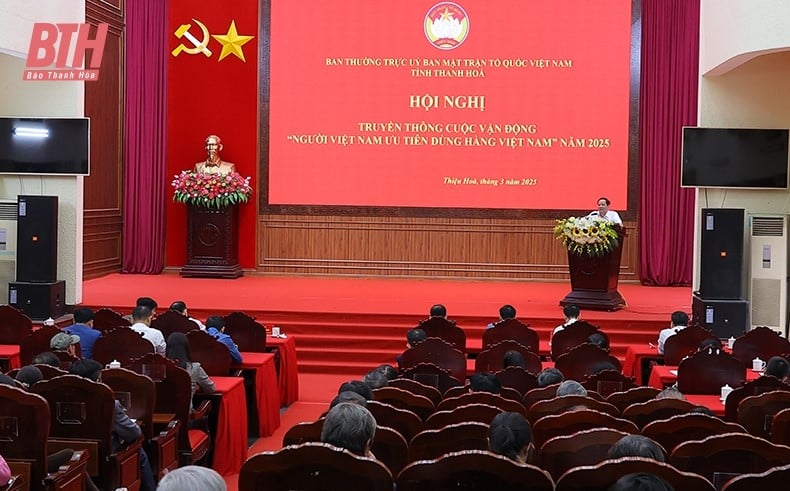

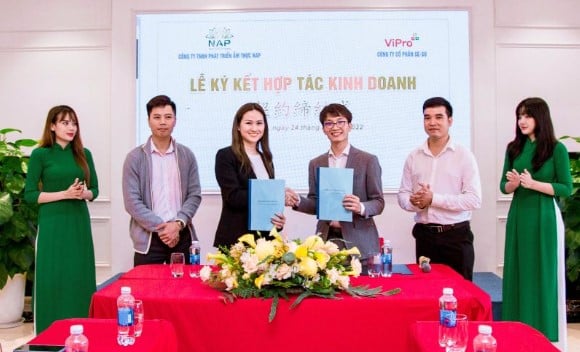



Comment (0)